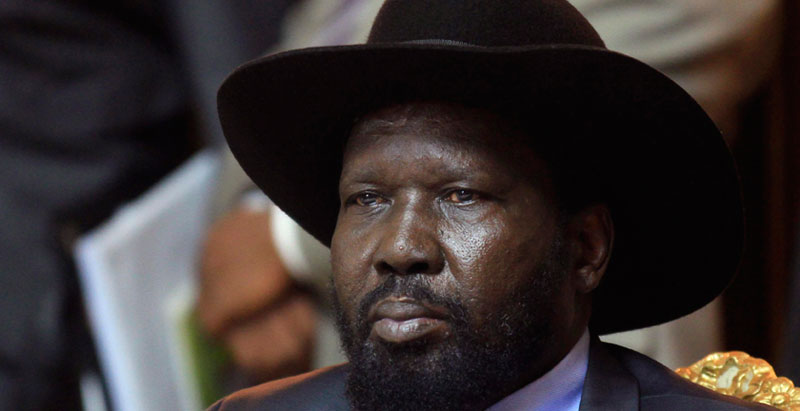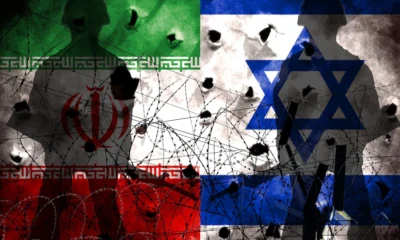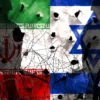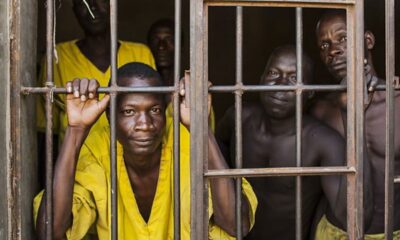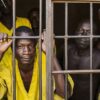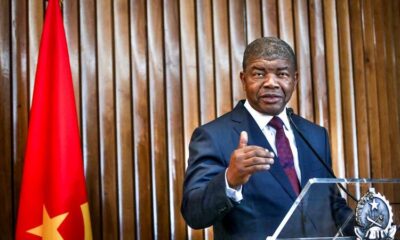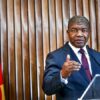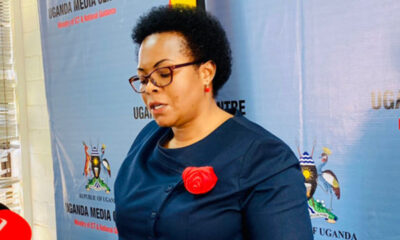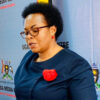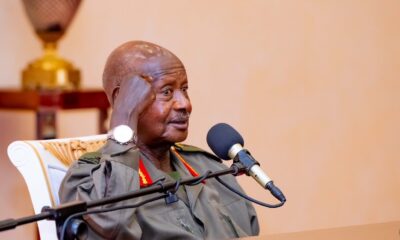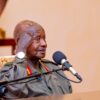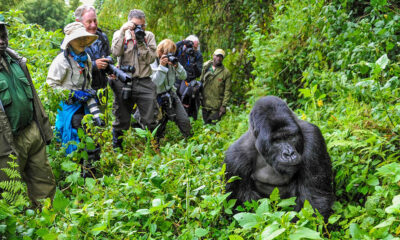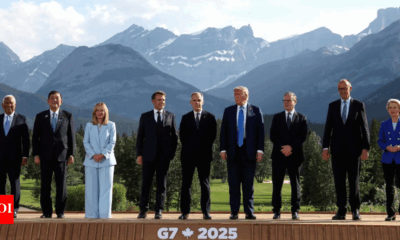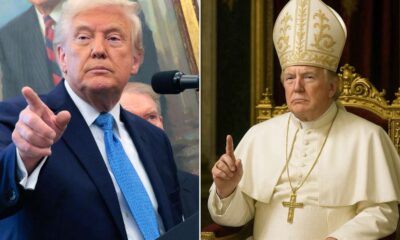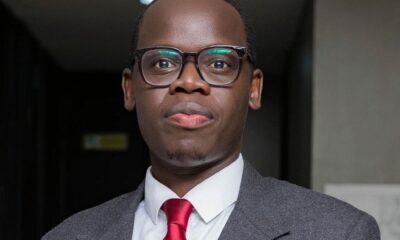Analysis
South Sudan rejects peace
The rescue mission for Ugandans trapped in South Sudan that was mounted by Uganda People’s Defence Forces (UPDF) in recent days with support from the Uganda Police Force may have ended successfully but peace is far from returning to one of Uganda’s closest trading partners.
The assessment comes from an apparent deadlock in efforts by regional and international leaders to try to save the country from slipping back into chaos with the potential to destabilise the region and causing a human catastrophe.
African leaders meeting under the African Union Umbrella in Kigali, 000 strong Africa Union Peace Keeping force already in the country.
The move also follows efforts by other global leaders as well as Parliament Speakers from the IGAD member states who called for their governments to quickly respond to the suffering of innocent people by intervening into South Sudan to stop the fighting.
But the pleas to have a much bigger and hence more effective foreign force that can restore peace, has been flatly rejected by the government of President Salva Kiir. President Kiir and his senior ministers have been categorical in rejecting foreign intervention.
Kiir told a news conference in Juba last week that: “I’ll not accept a single soldier. What do you need more forces for? What will they come and do? The UNMISS here has so many foreign troops. So we will not accept even a single soldier. We will not accept that.”
This came after foreign affairs ministers under IGAD met in Nairobi as well as African presidents meeting in Kigali, called for the United Nations to increase the number of troops in the country. I fact African presidents from Kenya, Rwanda, Ethiopia, The Sudan and Uganda offered to send in troops.
South Sudan’s information minister Michael Makuei amplified the opposition to a foreign mission when he accused regional efforts of trying to impose peace over South Sudan.
“As a sovereign state ..this thing cannot be imposed on us without our consent,”Makuei noted adding that in fact the latest episode of fighting is a result on an imposed peace agreement that brought Riek Machar into Salva Kiir’s government but was allowed to keep his army on grounds that he didn’t trust Kiir’s men to protect him.
Did Kiir fall out with M7?
Until now, President Salva Kiir and Yoweri Museveni have been best friends and their ties have resulted into the fast-tracking of South Sudan’s admission into the East African Community.
But now, the two leaders seem to have fallen out if sentiments expressed by President Yoweri Museveni are anything to go by.
President Museveni who has played a key role in keeping temporary peace in South Sudan in recent years, told UN’s Ban Ki-Moon that the two key leaders in South Sudan; Kiir and Machar have lost legitimacy and that the UN needs to organise fresh elections to chose new leaders.
During a meeting in Kigali with Ban Ki-Moon, President offered three solutions to end the current impasse in South Sudan; boosting the UN regional protection force, an end to fighting in Juba and organising fresh elections as soon as possible.
Museveni told Ban Ki-Moon that: “Deal with them carefully and work towards peace and elections. Votes will force them into alliances. Democracy will force them to work together. Now they know they are not accountable to the people.”
Although the UN security council favours imposing sanctions as a deterrent measure against Juba, President Museveni disagrees with the arms embargo saying that it will create a vaccume that will force the warring factions to seek foreign support.
Instead, Museveni wants to push for the two factions to work together through integration of forces instead of weakening them further.
“We can sew these factions together. Forces can be separated and used as building blocks. There must be a balance of all the three forces who must be dealt with carefully towards peace and democracy.
If you maintain a situation of no democracy, you are disempowering the people. If they must have elections, they will be forced to find alliances and democracy will force them to work together. Without democracy, they will be forced to look for external forces,” he said.
But independent analysts also disagree with Museveni’s view that South Sudan can have peace with two armies in the same country. In fact they point to Uganda and Museveni as an example.
One NRM leaning supporter who prefers anonymity cited Museveni’s earlier efforts to eliminate rival forces belonging to former Bush era factions such as Nkwanga, Kayiira and Obote’s forces as the foundation for Uganda’s current peace.
But with Juba’s rejection of foreign forces, one would be more hesitant to believe that Sudan’s leaders can accept any proposals from Museveni or even the United nations until, perhaps they have fought each other to the end.
Comments



